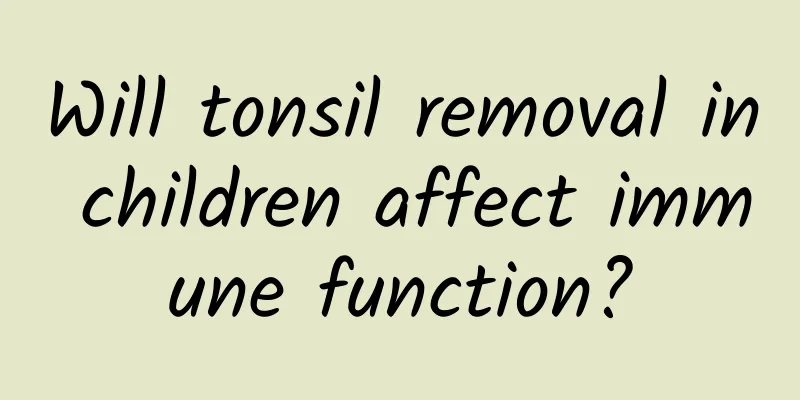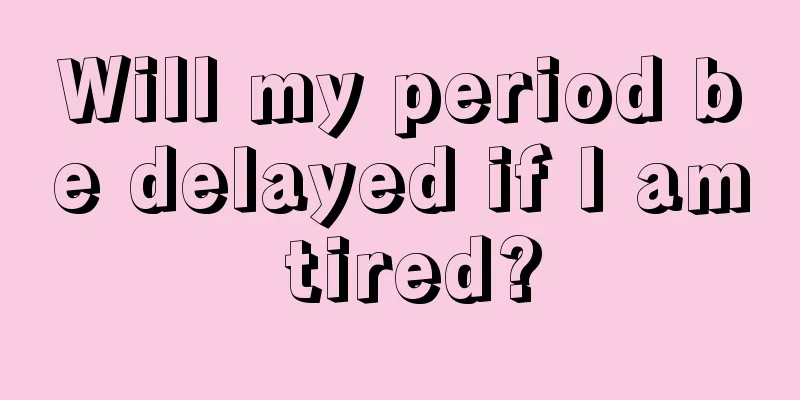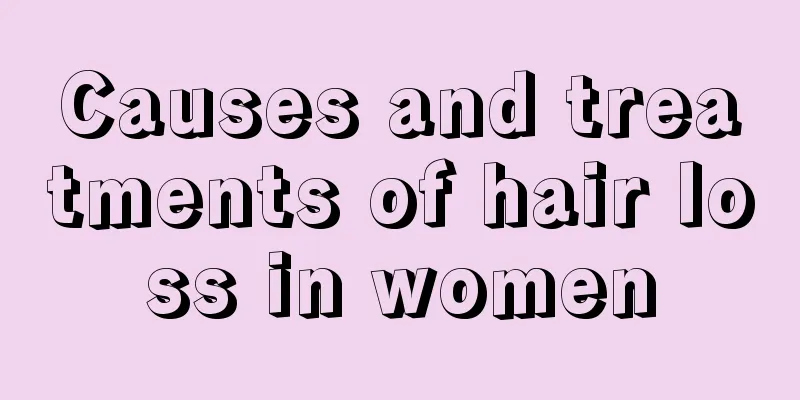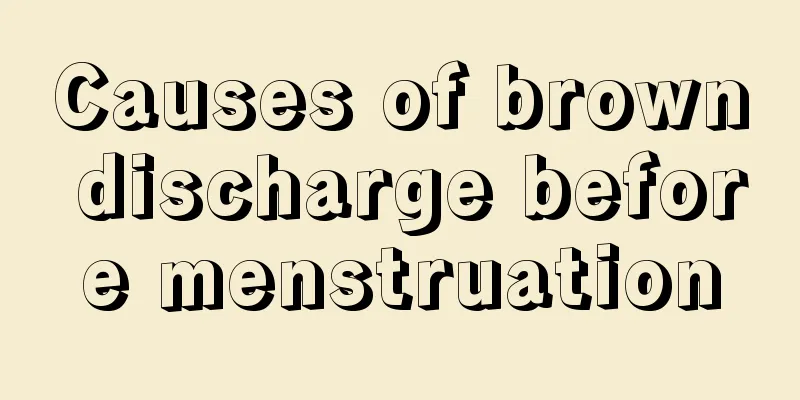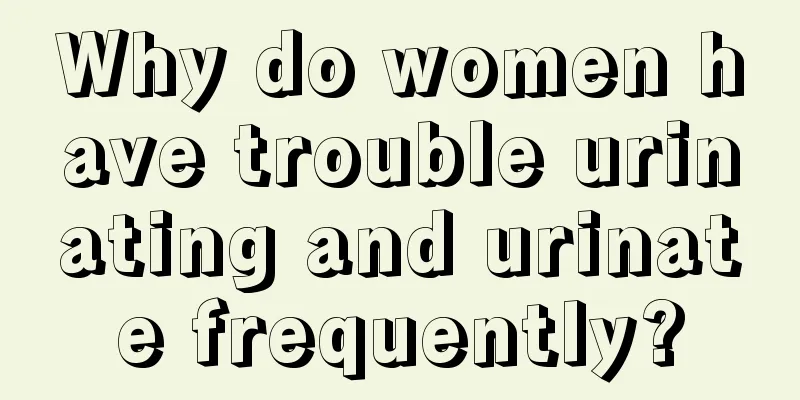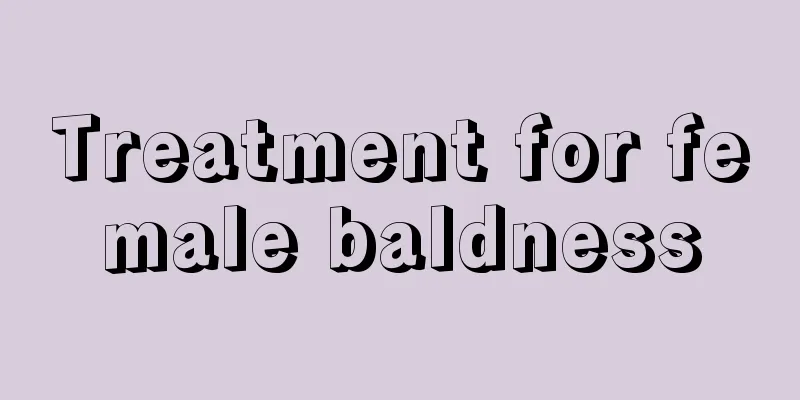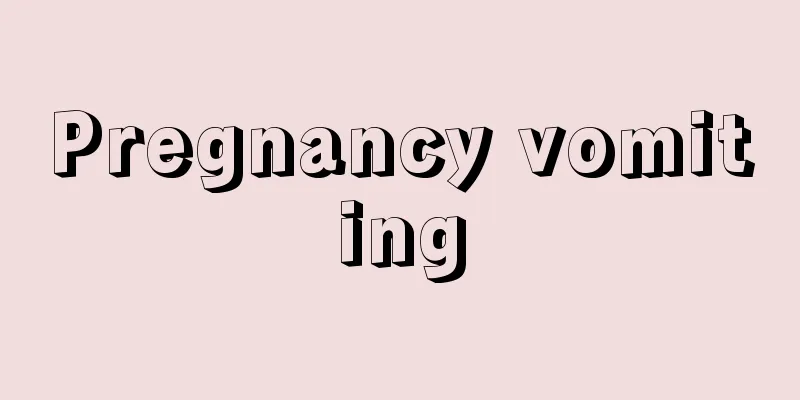What diseases does the nine-valent HPV vaccine prevent?
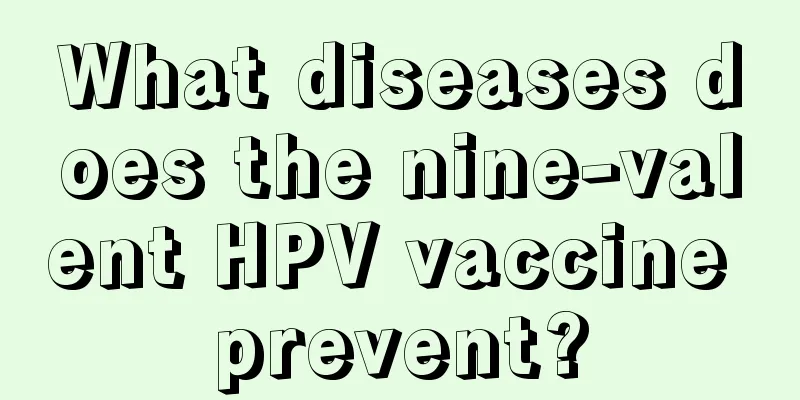
|
The HPV family is very large, with more than 100 known clinical diagnoses. In clinical medicine, HPV is divided into low-risk and high-risk types based on the carcinogens of HPV. Some low-risk types of HPV can cause genital warts, such as the "genital warts" often written on advertisements posted close to electric poles in alleys. The 9-valent HPV vaccine is a vaccine recently developed by scientific research. It is a vaccine that prevents cervical cancer. So what diseases does the 9-valent HPV vaccine actually prevent? Let’s take a look at it in action below. What does the HPV9 vaccine prevent? HPV9 vaccine can prevent diseases caused by 9 types of HPV, namely 6, 11, 16, 18, 31, 33, 45, 52 and 58, which are cervical cancer, vulvar cancer, vaginal cancer, anal cancer, genital warts, anal fistula, persistent infection, precancerous lesions or atypical sexually transmitted diseases. HPV9 vaccine recipients 1. The age of participants in the clinical study applicable to the sale of this vaccine is 16 to 26 years old. In this age group, the vaccine's overseas clinical trial data and its protective effectiveness against persistent infection in the Asia-Pacific population suggest that its benefits outweigh the risks. 2. In our country, the probability of females aged 9 to 15 years old surviving is very low. Only immunity bridging experiments were conducted for those aged 9 to 15 years old, and the clinical trial data information on the Chinese population in the Asia-Pacific region was limited. 3. Women over 26 years old are likely to have a history of virus exposure and infection, and there is currently no evidence to prove that the vaccine has a protective effect on exposed groups of this age group. The limitations of the HPV9 vaccine 1. This vaccine cannot cancel/stop women’s long-term cervical cancer screening (secondary prevention measure). 2. Vaccination This vaccine does not cancel/stop the highly recommended anal cancer screening. 3. This vaccine cannot protect individuals who have been infected with HPV. 4. This vaccine cannot protect against other types of related diseases other than the matching type. 5. This vaccine cannot treat diseases caused by the types described in the instructions for use. 6. This vaccine has not been proven to protect against private, vaginal and anal cancers caused by HPV types other than the matching type. 7. This vaccine cannot protect against diseases not caused by HPV. 8. This vaccine cannot protect all recipients. 9. The actual effectiveness of this vaccine in protecting against CIN ( ) in people over 26 years of age has not been confirmed. |
<<: What are the causes of irregular menstruation in girls
>>: What is the best medicine to kill pubic lice?
Recommend
How to treat ovarian hydrops?
Since many women suffer from infertility, hydro o...
Normal areola small pimple picture
The sebaceous glands at the nipple are thickened ...
Causes of breast tenderness before menstruation
Breast pain when menstruation is approaching may ...
What parents need to know about amblyopia!
Today, the news that the daughter of a famous Tai...
Can women shave their armpit hair?
Axillary hair is the hair that grows from the arm...
How long is the incubation period of HPV in women?
Germs are everywhere, and so are viral infections...
My menstrual blood is black, what should I do?
Menstruation is a very normal physiological chara...
What is the inflammation of milky white leucorrhea
Once there is an abnormality in leucorrhea, it is...
What are the symptoms of pelvic inflammatory disease?
Pelvic inflammatory disease is a common gynecolog...
Leucorrhea cleanliness 5
Leucorrhea has a great impact on women's phys...
What to do if uterine prolapse occurs after abortion
Abortion is very common today. Many unmarried wom...
What is the cause of black blood streaks in vaginal discharge?
Leucorrhea is a normal vaginal secretion of femal...
Reference values of six hormones during menstruation
Menstruation is a normal menstrual cycle for wome...
One month into pregnancy, should I choose medical abortion or surgical abortion?
Some women will choose to have an abortion when t...
There is a lump in the breast that hurts when pressed
There are many people suffering from breast tumor...
